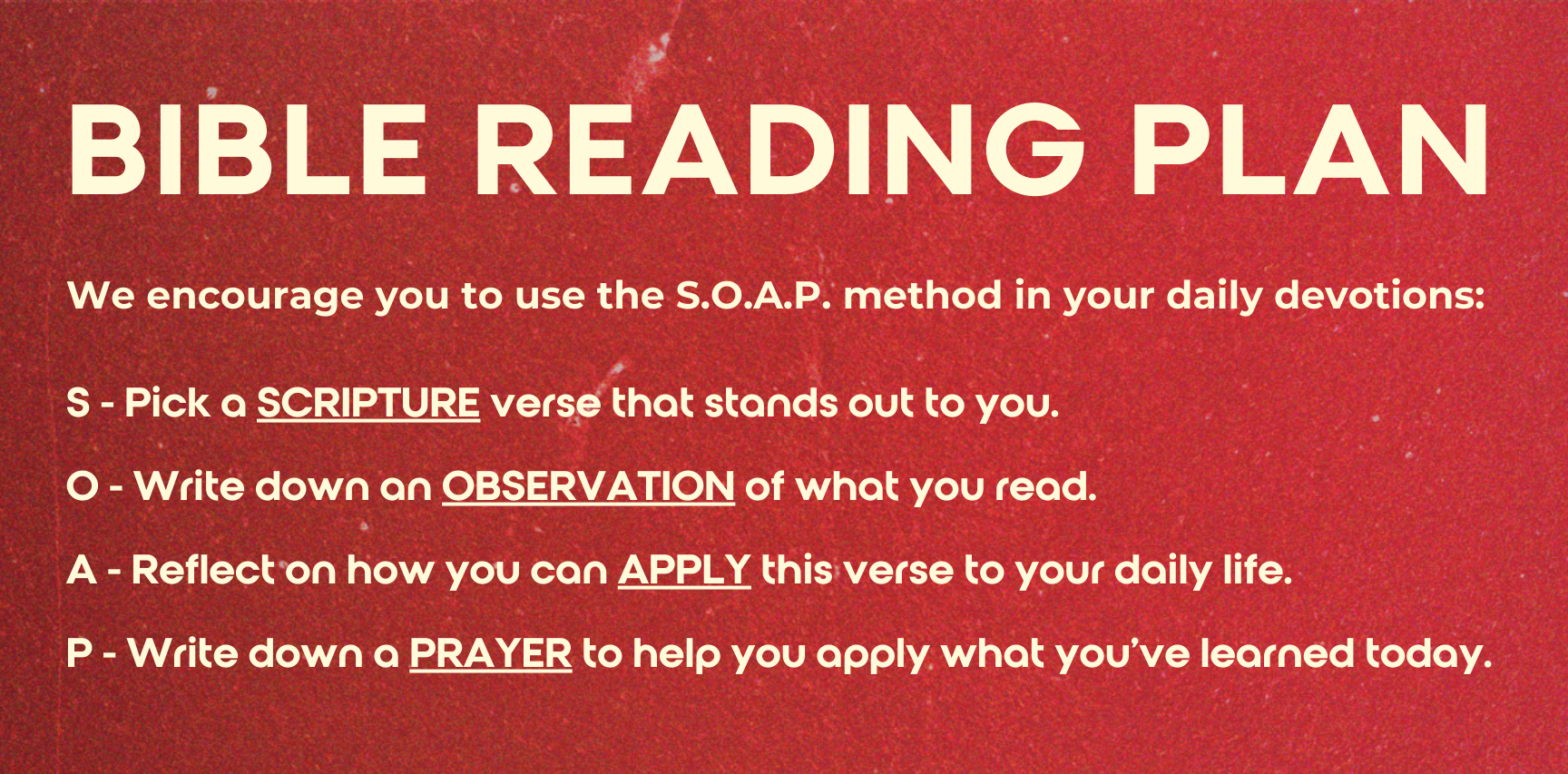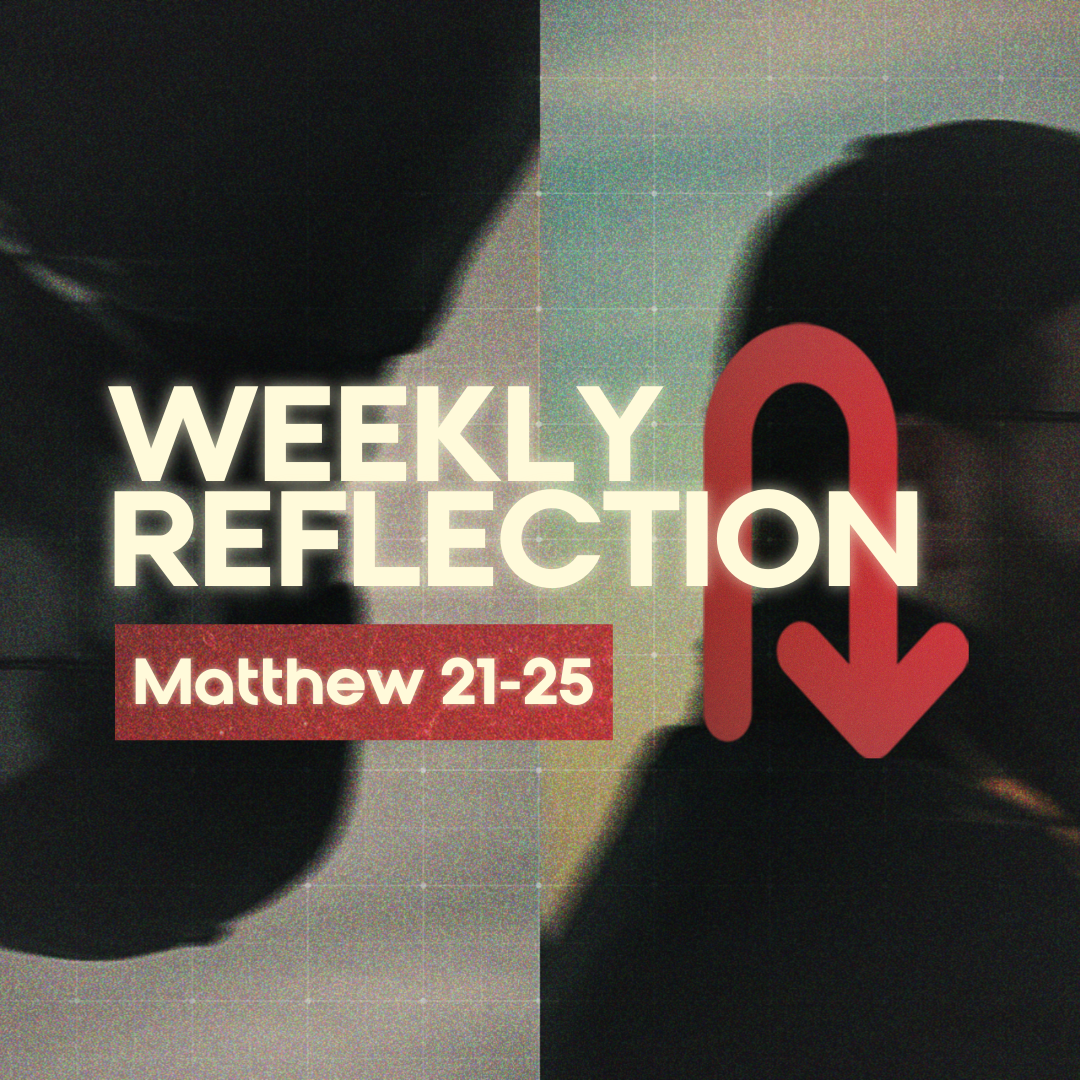




Jesus shares the Last Supper with His disciples, institutes the practice of communion, predicts Peter’s denial, and prays in the Garden of Gethsemane, surrendering to God's will despite the impending suffering.
Jesus predicts His impending death, while Judas conspires to betray Him and a woman anoints Jesus with costly perfume, demonstrating both sacrificial devotion and the looming betrayal.
Jesus is betrayed by Judas, arrested, tried, and crucified, but He rises from the dead, appearing to His disciples and commissioning them to make disciples of all nations, with the promise of His presence until the end of the age.
Jesus teaches about the importance of being prepared for His return through the Parable of the Ten Virgins, the Parable of the Talents, and the final judgment, where actions towards others reflect one's faithfulness to Him.
Jesus predicts the destruction of the temple, the signs of the end times, and encourages His followers to stay watchful and prepared for His return.
Jesus condemns the hypocrisy of the Pharisees and religious leaders, warning them about their pride and external righteousness, while emphasizing the importance of humility and true spiritual integrity.
Jesus uses parables to challenge the religious leaders' rejection of God's invitation to the Kingdom, while also teaching about the greatest commandment of loving God and loving others.
Jesus fulfills Old Testament prophecies through His triumphal entry into Jerusalem, challenges the religious leaders with parables, and cleanses the temple, asserting His authority.
Jesus enters Jerusalem triumphantly, cleanses the temple, teaches parables, and confronts religious leaders, while prophesying the destruction of the temple, the end times, and the need for readiness for His return.
Jesus teaches about humility and servanthood, illustrating that greatness in His Kingdom comes from serving others, and He predicts His upcoming death and resurrection.
Jesus teaches the difficulty of entering the Kingdom of Heaven for the rich, emphasizing that following Him requires total surrender, but promising great rewards for those who do.
Jesus upholds the sanctity of marriage, teaching that it is a sacred union, and He welcomes children, highlighting their importance in the Kingdom of Heaven.
Jesus teaches about forgiveness, urging His followers to resolve conflicts with others and forgive generously, as God has forgiven them.
Jesus teaches the importance of humility, childlike faith, and the value of each individual, emphasizing that God cares deeply for the lost.
Jesus teaches about humility, forgiveness, and the importance of reconciliation, warns against causing others to stumble, shares parables about the kingdom of God, and predicts His death and resurrection, while emphasizing the value of serving others.
Jesus is transfigured on the mountain, revealing His divine glory to Peter, James, and John, while also predicting His death and demonstrating His authority over healing and demonic forces.
Peter acknowledges Jesus as the Messiah, and Jesus explains His coming suffering, the cost of being His disciple, and the importance of following Him fully.
Jesus warns His disciples to avoid the false teachings of the Pharisees and Sadducees and to focus on His true message.
Jesus demonstrates His compassion and inclusivity by healing a Gentile woman's daughter and feeding a large crowd with just a few loaves and fish, showing that His ministry extends beyond Israel to all people in need.
Jesus teaches that true defilement comes from the heart, not external rituals, emphasizing the importance of inner purity over outward tradition.
Jesus teaches about inner purity and the importance of true worship, heals many and feeds the multitude, predicts His death and resurrection, and is transfigured before His disciples, revealing His divine glory.
Jesus shows His authority over nature by walking on water and calming the storm, strengthening the disciples' faith in Him as the Son of God.
Jesus demonstrates His power and compassion by feeding a crowd of 5,000 with five loaves and two fish, while also facing opposition from Herod.
Jesus compares the Kingdom of Heaven to priceless treasures and pearls, illustrating its immense value, while also facing rejection from those who knew Him.
Jesus uses parables, like the wheat and the weeds, to teach about the Kingdom of Heaven, emphasizing that judgment and separation will come at the end of the age.
In the Gospel of Matthew we learn how Jesus came to teach us the values of the Kingdom of God.

Follow along with PORTICO’s daily devotionals using the Guided Journal on the Gospel of Matthew!
Available on Amazon.ca:
Paperback @ $5.99
Kindle version @ $2









































Jesus is betrayed by Judas, arrested, and denied by Peter, fulfilling His predictions of betrayal and desertion, while facing mockery and trial by the religious leaders.